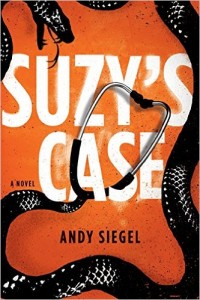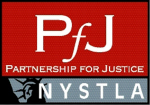We’ve written before on the blog about the looming revisions to the Medicare billing codes, which are about to expand almost ten-fold from the 17,000 current treatment codes to more than 155,000 treatment codes under the new scheme. This issue is in the news again because the new coding scheme, referred to as ICD-10, is set to go into effect in less than 2 weeks on October 1st. (Click here to read our prior blog post.)
 The New York Times recently ran a story about the significant impact the new coding scheme is likely to have on the medical profession, describing it as “a sea change for physicians”. Apparently, the pending changes are triggering extensive anxiety among doctors as a result of the anticipated the difficulties of compliance and the disruption it’s expected to cause in revenue and cash flow. The article highlights some extreme examples of the new coding scheme, such as the requirement for doctors to specify a distinct code depending on whether a patient was bitten by a horse, a shark or a crocodile (newly designated as Code W58.13) or suffered injury as a result of being sucked into a jet engine (new code V97.33). In a somewhat more serious vein, the article also reports how doctors groups are scrambling to line up new lines of credit on the assumption that confusion and non-compliance are going to result in extensive payment delays. (Click here to read the full story in the Times.)
The New York Times recently ran a story about the significant impact the new coding scheme is likely to have on the medical profession, describing it as “a sea change for physicians”. Apparently, the pending changes are triggering extensive anxiety among doctors as a result of the anticipated the difficulties of compliance and the disruption it’s expected to cause in revenue and cash flow. The article highlights some extreme examples of the new coding scheme, such as the requirement for doctors to specify a distinct code depending on whether a patient was bitten by a horse, a shark or a crocodile (newly designated as Code W58.13) or suffered injury as a result of being sucked into a jet engine (new code V97.33). In a somewhat more serious vein, the article also reports how doctors groups are scrambling to line up new lines of credit on the assumption that confusion and non-compliance are going to result in extensive payment delays. (Click here to read the full story in the Times.)







